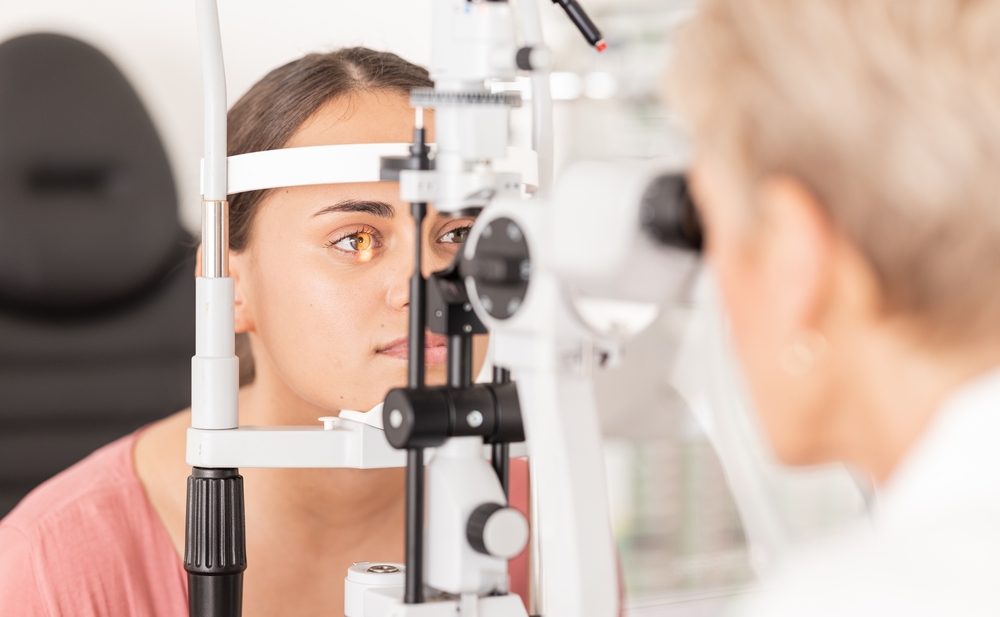
According to the latest medical research, dry eye is more prevalent in older adults aged 50 years and above. A higher percentage of this demographic is women, though the condition can happen at any age. Several factors can cause the disease, ranging from environmental conditions to physical issues affecting your eyes.
Dry Eyes Disease Definition
Dry eye disease has several names, including keratoconjunctivitis sicca and dry eye syndrome. The disease affects your eye surface, causing the tear film to malfunction. The condition causes your eyes to become drier, leading to discomfort and problems with vision. The tear film is vital for good sight because it lubricates and protects the eye surface. It has three parts: the outer, middle, and inner layers.
The tears spread evenly across your eyes whenever you blink. The process involves various systems and glands to keep the tear film optimal. Dry eyes may occur when this equilibrium is in jeopardy.
Causes of Dry Eye Syndrome
The glands above your eyes that keep your eyes wet do not work well when you have dry eyes. The issue may be from too much evaporation or low-quality tears. Hormonal changes have the same effect on women. Other risk factors that may cause the disease include:
- Eye allergies.
- Skin diseases around the eyelids.
- Medications, including those treating high blood pressure and depression.
- Omega-3 or vitamin A deficiencies.
- Environmental factors like dry air, wind, and smoke.
- Side effects of laser eye surgery (LASIK).
- Dysfunction of the oily outer layer of the tear film.
- Wearing contact lenses.
- Chronic conditions like Sjogren’s disease and diabetes.
- Actions that reduce blinking include watching digital screens for many hours.
Can You Heal From Dry Eye Permanently?
The truth is that there is no current permanent cure for the disease. Several options can help reduce the symptoms, preserve eye moisture, and protect your vision. Management of this condition focuses on minimizing or eliminating environmental triggers. It also involves replenishing the surface of your eyes by preserving sufficient and functional tear film.
If you have an underlying cause that your doctor can diagnose and treat, your condition is curable.
Can Dry Eye Heal on Its Own?
Symptoms of this disease can dissipate once you remove the irritant or causing factor. In addition, the symptoms may arise and disappear depending on the seasons. To aid in this, simple lifestyle modifications can help keep them at bay. They include the following:
- Adjust the computer screen when working. Keep it below your eye level. It helps you avoid widening your eyes to reduce strain.
- Increase your intake of water effectively. It produces natural tears.
- Blink when concentrating on tasks like watching a digital screen or reading.
- Using a humidifier to help dampen the air during dry seasons.
How to Permanently Manage Dry Eye
You can manage the symptoms in several ways despite dry eye syndrome not being permanently curable. Over-the-counter eye drops, artificial tears, and prescription medications have notable reputations. If these do not work, you can opt for punctal plugs that help retain tears in your eyes.
For more information on whether dry eye can be cured permanently, visit Gregg Family Eye Care at our office in Secane or North Wales, Pennsylvania. Call (610) 831-4300 or (215) 699-2020 to book an appointment today.






